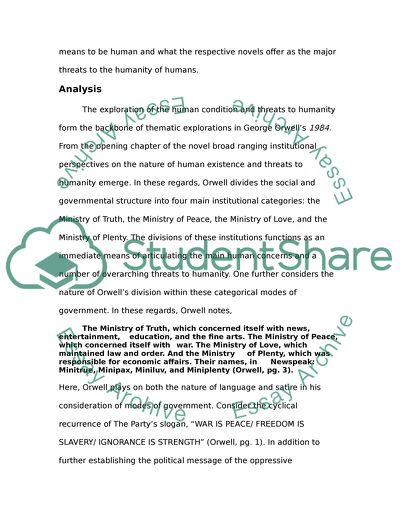Cite this document
(“Slaughterhouse Five and 1984 Essay Example | Topics and Well Written Essays - 3500 words”, n.d.)
Retrieved de https://studentshare.org/english/1392588-slaughterhouse-five-and
Retrieved de https://studentshare.org/english/1392588-slaughterhouse-five-and
(Slaughterhouse Five and 1984 Essay Example | Topics and Well Written Essays - 3500 Words)
https://studentshare.org/english/1392588-slaughterhouse-five-and.
https://studentshare.org/english/1392588-slaughterhouse-five-and.
“Slaughterhouse Five and 1984 Essay Example | Topics and Well Written Essays - 3500 Words”, n.d. https://studentshare.org/english/1392588-slaughterhouse-five-and.


